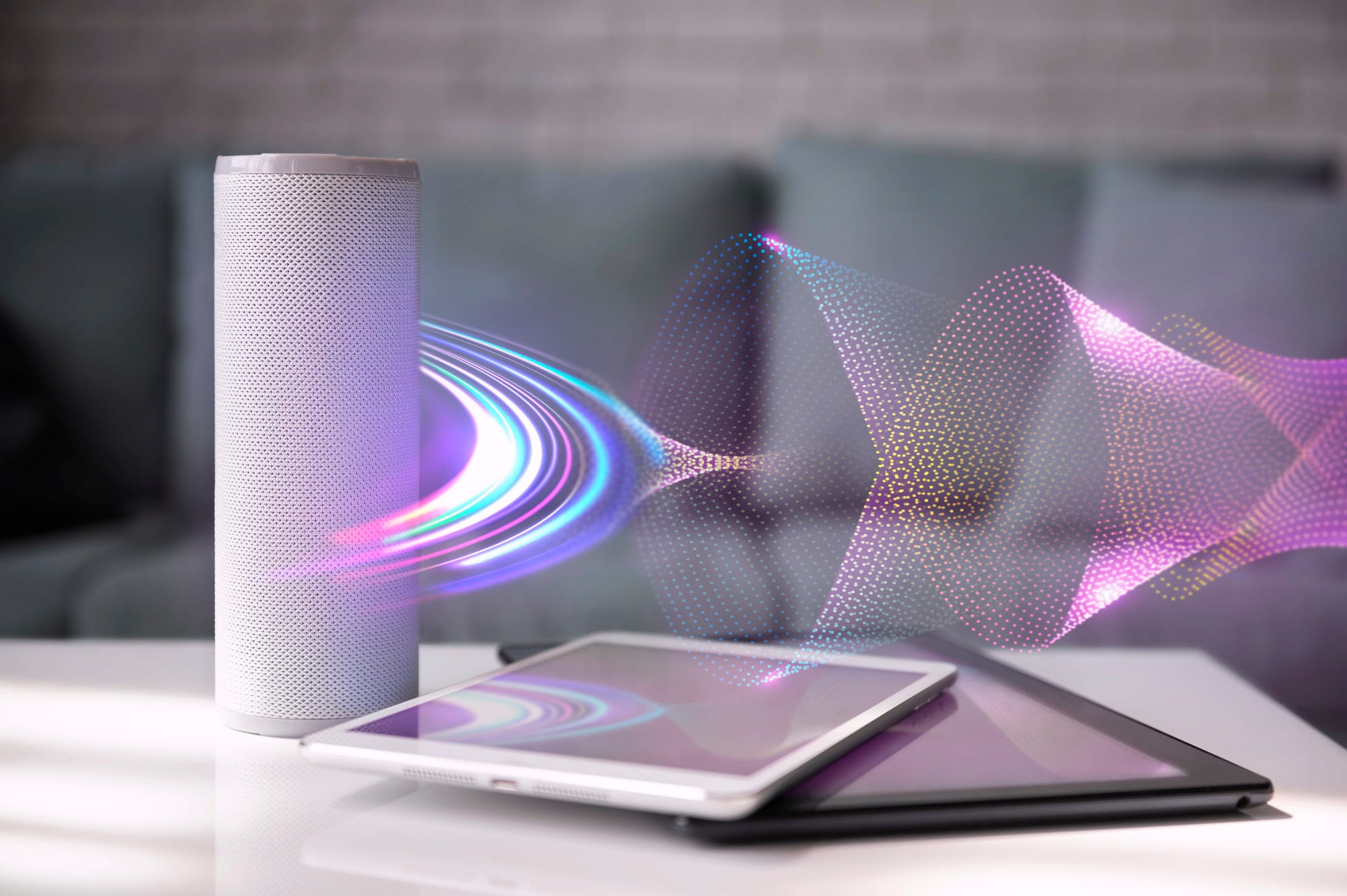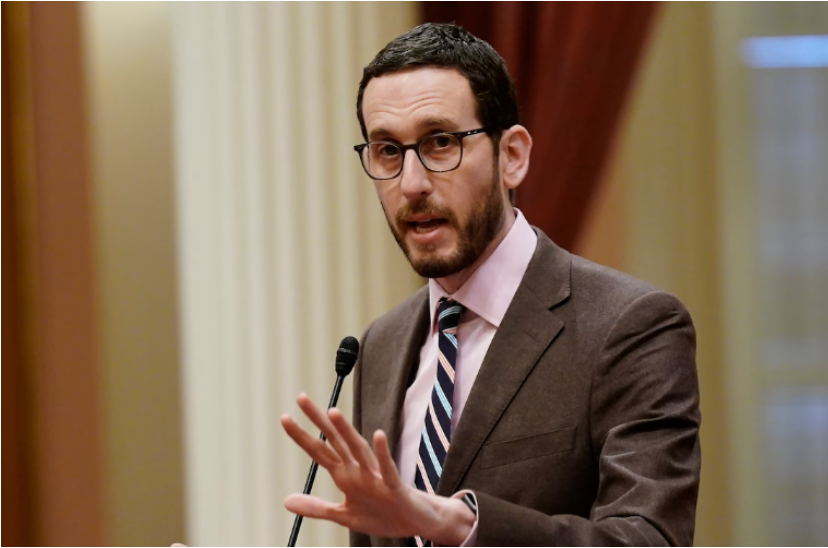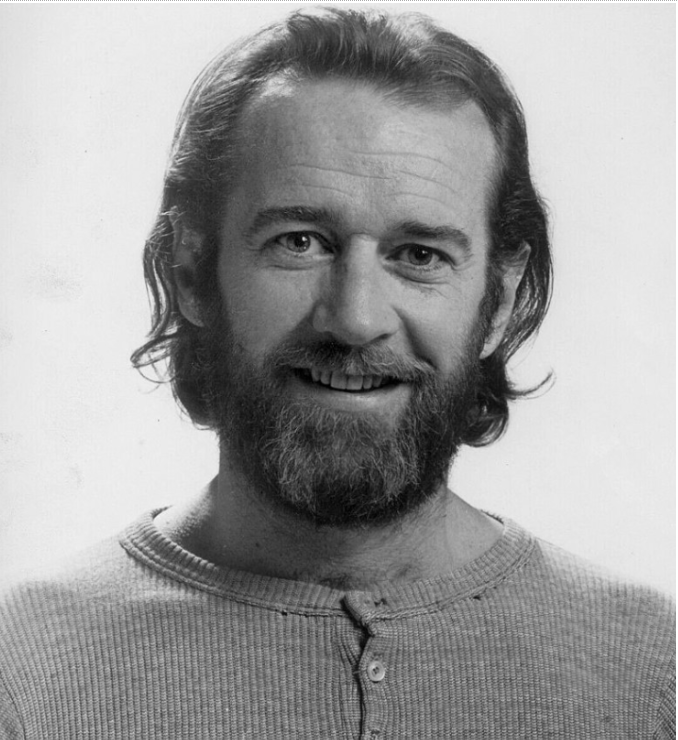Questions regarding AI voice-generated content are creating big waves on the internet because of the Drake- Weeknd-sounding song that came out this month and gathered millions of hits.
This serves as a wake-up call for copyright owners, authors, and artists about how ill-prepared we are when it comes to infringements of one’s rights over one’s voice.
If you are reading this with similar concerns or you are someone who wants to keep away from legal issues that might come up with the AI voice tech, let me help you navigate the legalities, challenges, and future implications of this tech through this article.
Can AI Voice Be Copyrighted?
The answer to this question is a big blur. Legally speaking, copyrighting anything related to AI is still evolving. The legal field is grappling with challenges associated with owning AI-generated voices.
A ballpark figure of how much it would cost you today to have rights to an AI-generated voice is between $30,000 and $300,000, including all the necessary legal agreements and unique datasets.
And even after paying all this money, there is no guarantee that the laws will remain the same regarding the ownership of an AI-generated voice or that you are exclusively the owner of the rights of this AI- voice.
Can AI Generated Music be Copyrighted?
The question of whether AI-generated music can be copyrighted is a complex and evolving issue. In many jurisdictions, copyright laws traditionally require human authorship for a work to be eligible for protection. However, as AI technology advances, the boundaries between human and machine creativity are becoming blurred.
Currently, AI-generated music might not be eligible for copyright protection on its own, but human input, such as the selection and arrangement of AI-generated elements, could qualify for protection. As legal frameworks adapt, this area of law will continue to evolve.
For those interested in creating AI-generated music, platforms like SunoAI provide powerful tools to explore this innovative field, even as the legal landscape continues to take shape.
Commercial Use Of AI Voice
The potential for using AI voices in commercial applications such as advertising, virtual assistants, and entertainment is enormous. A few are named below –
- Time-saving
- More choices in voice and languages
- Clear pronunciations
- It saves money traditionally paid to various voice actors
- Saves studio cost

That being said, the challenges of using AI voices for commercial purposes outweigh its benefits. Going forward, I will mention in detail the challenges and legal consequences in this article.
Current Legalities And Laws On AI Voice
The legal landscape involving AI voice is tricky to navigate as the laws of different states and countries must be considered.
For example, if you are using a trending voice that is well-known in the world but belongs to a person in a different country and that particular country recognizes other laws on AI voice generation, that could become troublesome for you.
If you are reckless with whose voice you use as your “muse” to generate an AI-generated voice, you can attract cases related to defamation, false light, and invasion of privacy.
In particular, there is only a comprehensive legal framework in the USA in California. California’s Artificial Intelligence Act has been developed since 2019 and speaks of the requirements and restrictions mentioned below-
- Use AI technologies within their services and reveal their usage to customers (provide them with appropriate information about AI use).
- Existing law prohibits the false impersonation of another person.

The man behind this California Bill is State Sen. Scott Wiener (in the picture above), who has also proposed the following points to be added to the bill-
- Companies working on training AI must invest in testing the tools for “unsafe” behavior.
- Arrange for hacking protections.
- The AI tool or tech must be designed to be shut down entirely if needed.
The ELVIS (Ensuring Likeness Voice and Image Security) Act also deserves a special mention, which, if passed in Tennessee, would add “voice” as a protected Personal Right.
Ethical Considerations On AI Voice
The biggest ethical dilemma when using an AI voice is that someone’s personal rights might be infringed upon. Hence, it becomes imperative to follow protocol and ethics when using AI.
Let’s take the example of the late George Carlin (pictured below), who passed in 2008. The estate of this Famous American comedian is taking Will Sasso and Chad Kultgen to court for dropping a comedy set this year entirely generated using AI.

The pair (Will and Chad) have fed AI thousands of comedy scripts and sets written and performed by Carlin to create a new comedy set that impersonates the comedian, his voice, and his style.
Here, the ethical questions arise- is it okay to use someone’s lifetime of hard work to benefit oneself?
Is it all right to fool the audience ( even for a split second) into believing that they must be watching their favorite artist?
Would the original artist have such opinions mentioned in the AI-generated content?
And lastly, will the artist have agreed with what the AI-generated content appears to be coming out of their mouth, in a voice resembling theirs?
AI Voice Impact – Industry Wise
The influence AI voice would have on Voice actors is alarming to me. Voice actors are hired on a project basis. The content they generate never belongs to them but belongs to the company hiring them.
This leaves these voice actors without any protection or claim on the content generated in their voice. The current copyright laws also exclude human sounds used in motion pictures or those generated by a content creator.
Best Practices And Legal Consideration When Using AI Voice
The thumb rule to avoid legal consequences is to be conscious of AI being used correctly and responsibly. Here are my two cents on how to do so-
- Ask for permission and consent of the person/ artist whose voice you want to use.
- Check for the person’s Intellectual Property Rights and adhere to them.
- Use AI-generated voice, images, or other content for legitimate purposes only.
- If the artist has passed away, contact their representatives, family, or both to seek permission.
- Most importantly – PAY ROYALTY
AI Voice Future Implications And Challenges
Based on everything that I have heard, seen, and read, be it the Drake- Weeknd-like sounding AI song or Gorge Carlin’s AI comedy set, I can predict that the AI landscape will evolve with each passing case that happens to a celebrity.
The legal fraternity has much to work on regarding fraud, identity theft, and misinformation challenges with AI voice generation. The courts will also have to solve the issues of voice falsification and reputational damage this tech can cause.
These emerging challenges are an urgent call for updating legislation and regulations surrounding AI.
Some Related Posts On AI:
AI Voice Copyright Or Copywrong- Final Verdict
To conclude, AI voice is here to stay. Today, AI voice lacks any definite steps to be copyrighted, but it is the need of the hour to protect artists, voice artists, and content creators that this process develops slowly and carefully.
The legal fraternity has the arduous task of dealing with the legal intricacies, ethical questions, and other uncertainties that AI Voice technology brings.
Until then, I want to leave you with caution- please navigate the landscape of AI voice responsibly and ethically to avoid legal cases by using some of the tips spelled out in this article.
FAQs
Yes, you can be sued for using someone’s voice if you use their voice without their permission. You can be sued for defamation or infringing on their right to publicity.
No. There is a grey area that makes AI voice easy to access and use, but if the voice owner finds out and claims royalty, they will be doing so rightly.
No law says using AI voice is illegal. So you can use AI voice legally; however, if you use this tech to generate illegal content or you do so without getting prior permission, you may land on legal issues.
It is safe to use AI voice if you are using it for valid purposes. You are safe if you do not hurt the sentiments of the person whose voice you may use, seek their permission beforehand, and do not use this tech to spread misinformation or disinformation.
It is not illegal to clone voices yet, but using these cloned voices to carry out illicit activities can get you in trouble.
There are no hard and fast rules or regulations concerning copyrighting AI voice. You can still try the expensive process of seeking exclusivity rights (that can cost you up to $300,000), but given its evolving nature, you might get sued if the owner of the voice decides to do so.